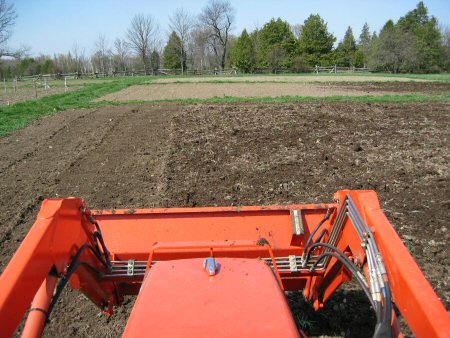To provide the best browsing experience, this site uses technologies like cookies to store and/or access device information. Consenting to these technologies will allow us to process data such as browsing behavior or unique IDs on this site. Not consenting or withdrawing consent, may adversely affect certain features and functions.
The technical storage or access is strictly necessary for the legitimate purpose of enabling the use of a specific service explicitly requested by the subscriber or user, or for the sole purpose of carrying out the transmission of a communication over an electronic communications network.
The technical storage or access is necessary for the legitimate purpose of storing preferences that are not requested by the subscriber or user.
The technical storage or access that is used exclusively for statistical purposes. The technical storage or access that is used exclusively for anonymous statistical purposes. Without a subpoena, voluntary compliance on the part of your Internet Service Provider, or additional records from a third party, information stored or retrieved for this purpose alone cannot usually be used to identify you.
The technical storage or access is required to create user profiles to send advertising, or to track the user on a website or across several websites for similar marketing purposes.





Have been looking at this same Kubota compact tractor for our small farm. Did you purchase the rototiller from Kubota and do you like it? My tractor will have an underbelly mower and the bucket… but on the wish list is the rototiller.
Overall, this Kubota has been great for 2-3 acres of market garden, it’s perfectly scaled for that. The bucket is useful in so many ways, if you’ve looked around the blog, you’ll have seen it’s even carried water for hand watering. The underbelly mower deck came with it. It’s been handy for mowing longer grass and keeping the garden perimeter under control, but I only use it 3-4 times a year. I find it a bit of a pain to hook up and remove – you have to remove it to use the hitch because they both drop together.
The rototiller is a Kubota, purchased new with the tractor (which had 400 hours). I’ll update with the model number. It’s listed as medium duty, and has done well, but it’s also the only part I’ve had to repair. I’ve replaced the bearing housings twice at $250 or so for parts each time, and I’ve gone through a fair number of tines, and repaired and replaced the chain a couple of times – I’ve always had a lot of rocks, softball sized and under, and that really puts it through a pounding, so I’m assuming that’s why. Particularly if you have rocky ground, I’d suggest looking around for a heavier duty rototiller, Kubota or otherwise. If your ground is pretty rock-free, it’d probably be great.
I imagine there is a fair bit of choice in rototillers that would fit, so in any case, it’s worth doing the research to see what’s out there. I didn’t, I just got it all at one time.
Hope that helps!
Rototillers are coming up used in classified and such fairly often. If you are halfway decent at DYI repair, it can be much cheaper to buy used (although a rototiller *is* something that wear out, so a used one will need more maintenance and repair).
Personally, I do not own a rototiller. I have someone come over once or twice a season to rototill. Same for the brush mower.
A bucket is an absolute must if you do any amount of small-scale farming. I do not have one, and it’s the tool I miss the most. I will have to shovel 16 tons of compost by hand in the next couple of weeks. Imagine the time and pain a bucket would save me … :/
Thanks for the response… love your blog by the way – incredibly informative! We are getting ready to purchase a 22 acre hay farm – but want to do some “custom” gardening also. Blackberries, blueberries, etc.
Grit Magazine – May/June 2013 Issue regarding “certified naturally grown” – thought it was interesting… had wanted to certify our hay ground but now I think we’ll go the certified naturally grown route.
Happy growing season!
Yeah, just sent in my 2013 Certified Naturally Grown declaration a couple days ago. :) This will be my first season back with them. I started out certified organic, and did that for around seven years. One of those years I also certified with CNG, on principle, and CNG was the logo I prominently displayed at market (there are a couple of old posts mentioning CNG), I never really promoted certified organic beyond just saying we were. I like CNGs set-up better, easier to understand, straightforward, great for local, direct-to-consumer. But if you’re gonna wholesale or just want to use the word “organic,” you need certified organic.